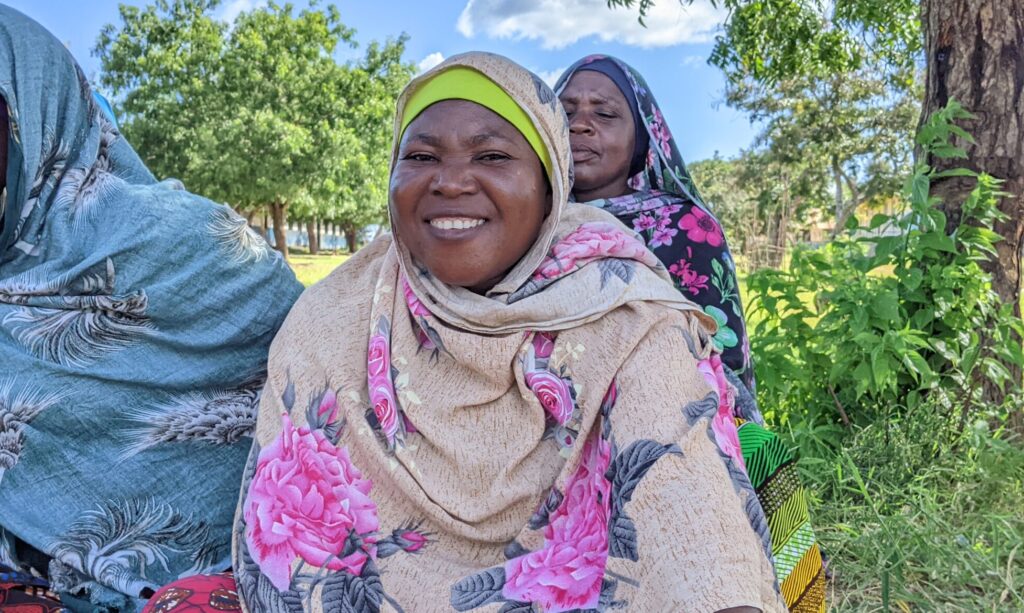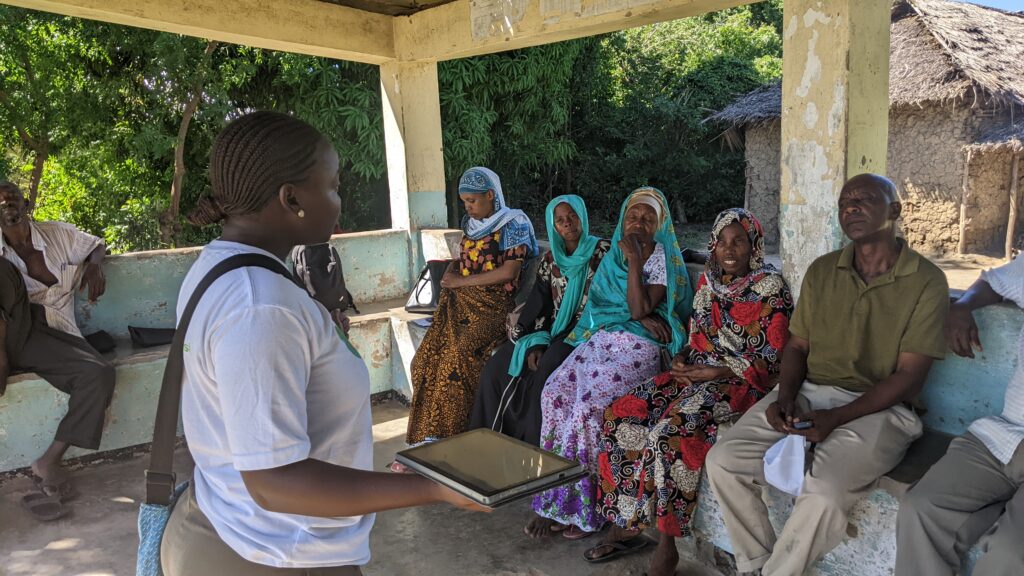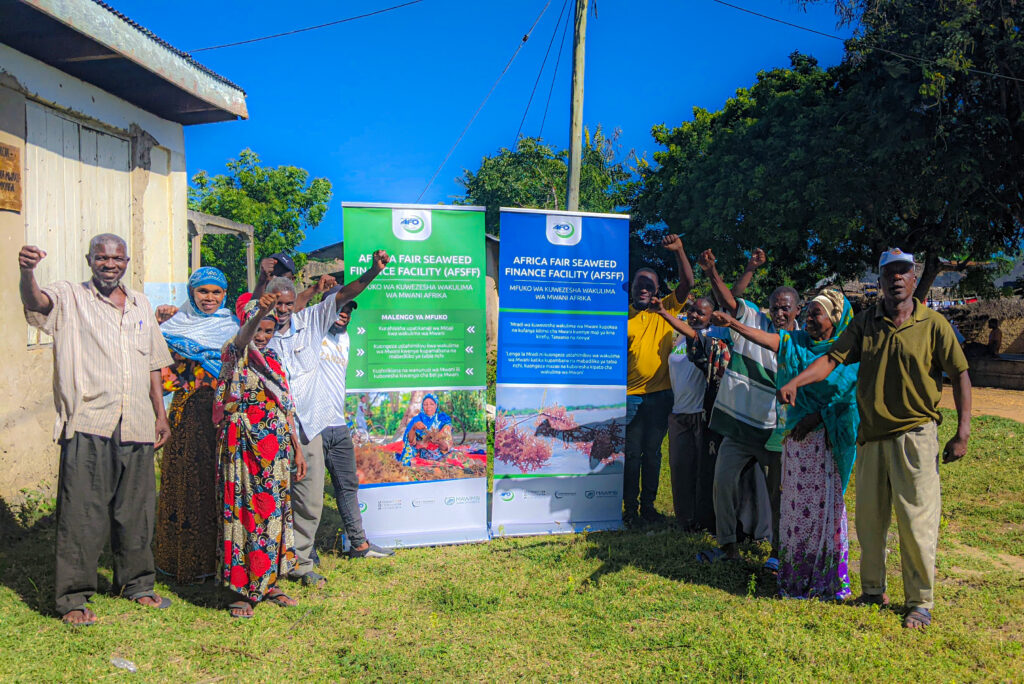The African Fair Seaweed Finance Facility (AFSFF) project is an initiative that is implemented in the coastal regions of Tanzania and Kenya, spearheaded by the Aqua-Farms Organization (AFO) and Mawimbi Ocean Innovations, and is set to revolutionize seaweed farming. This project is specifically designed to uplift women-led farming groups, cultivating sustainable practices and enhancing livelihoods.
Comprehensive Study and Data Collection
The project carried an extensive survey across key seaweed farming regions. In Tanzania, the survey reached the coastal districts of Lindi, Mtwara, and Tanga, while in Kenya, the focus was on the fertile grounds of Kwale County, encompassing Shimoni and Msambweni sub-counties. The data collected from 54 seaweed farmers in each country revealed insightful demographic trends. In Tanzania, over half of the interviewed farmers were women, most of whom were above 36 years old. In contrast, the Kenyan study maintained a balanced representation of both male and female farmers.
Introducing Advanced Farming Techniques
One of the cornerstone activities of the AFSFF project has been the introduction of deep-sea seaweed farming technology. This innovative method is designed to be more resilient to the impacts of climate change, offering a sustainable alternative to traditional practices. Through targeted training sessions, farmers are being equipped with the skills needed to adopt these advanced techniques, promising a significant boost in productivity and sustainability.
Community Engagement and Financial Literacy
Understanding the importance of community involvement, the project team organized workshops to explain the finance facility’s concept and its potential benefits. These sessions aimed to bridge the knowledge gap and foster a sense of ownership among local communities. Furthermore, the demographic analysis highlighted a need for improved financial literacy. Many farmers relied heavily on local knowledge, with limited understanding of cost-benefit analysis, which is crucial for effective financial planning and sustainability.
Overcoming Challenges and Exploring Markets
The field activities also shed light on the challenges faced by seaweed farmers. Issues such as inconsistent buyers, low market prices, and environmental changes were identified as significant barriers to growth. To address these, the AFSFF project has begun exploring market linkages by initiating discussions with high-margin buyers. Securing future purchase agreements for seaweed products is a strategic move aimed at ensuring stable and profitable markets for the farmers.
Future Directions and Impact
Looking ahead, the AFSFF project is poised to make a substantial impact. Plans are underway to develop tailored training programs that address the identified knowledge gaps. Formalizing farmer groups is another critical step, aimed at enhancing access to the finance facility. Continued engagement with potential buyers will be essential in securing long-term purchase agreements. Additionally, a pilot program for deep-sea seaweed farming technology is on the horizon, promising to set new benchmarks in sustainable farming.
Over the next 5 years, the AFSFF project aims to support 25,000 women seaweed farmers across the Western Indian Ocean(WIO). This ambitious initiative holds the promise of driving significant economic and social benefits, cultivating sustainable development, and enhancing the livelihoods of women in the region.

Iddi Juma
Communications Officer-AFO



